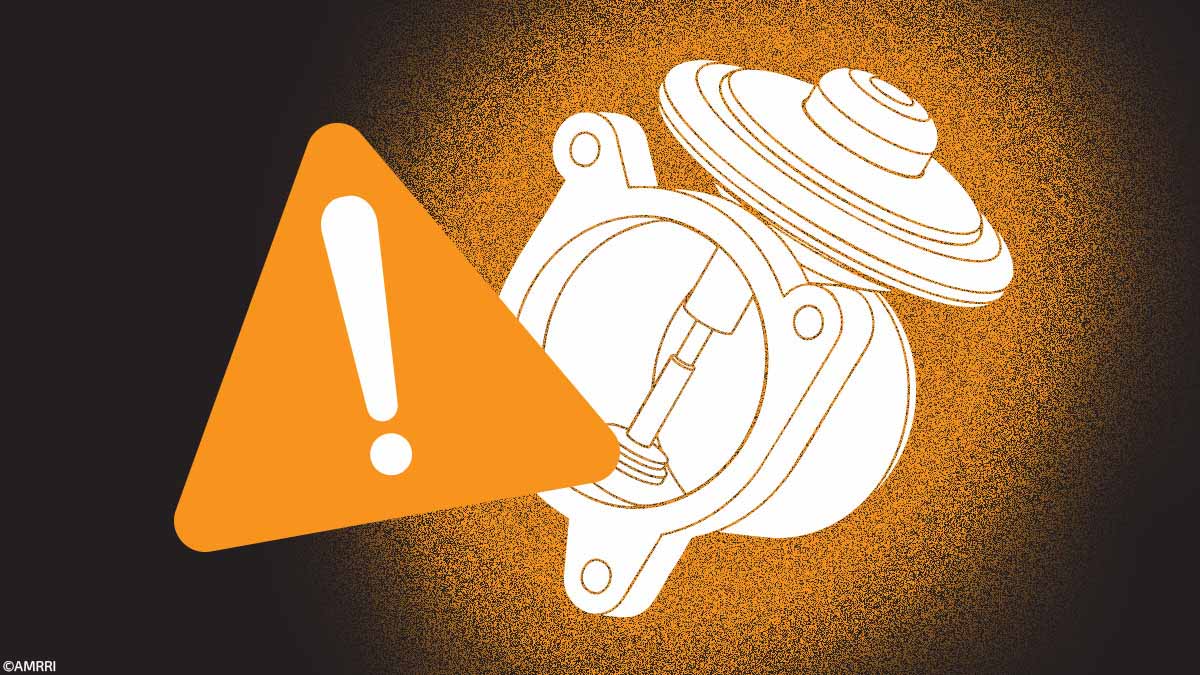As temperatures drop in the winter, the impact on equipment performance can be substantial. In extreme cases, such as remote mining operations in Alaska, where temperatures plunge to dangerous lows, equipment can experience immediate oil thickening within minutes of shutdown.
Due to these extreme conditions, continuous operation becomes necessary, with engines needing to run non-stop, even during refueling and oil changes.
While your operations may not face such extreme conditions, cold weather can still affect mobile equipment exposed to the environment or fixed equipment in non-climate-controlled settings. The following insights can help you mitigate potential cold weather challenges and keep your operations running smoothly.
The Importance of Routine Fluid Analysis
Routine fluid analysis is essential for maintaining equipment and optimizing uptime. However, additional tests can safeguard against cold-weather complications in preparation for winter. Below are key tests to consider incorporating into your maintenance program as temperatures drop.
 Viscosity Index Testing (ASTM D2270)
Viscosity Index Testing (ASTM D2270)
Oil thickens (viscosity increases) when exposed to cold temperatures, making it harder for equipment to pump oil through filters and passages during start-up. This can lead to oil starvation and increased wear on critical components. In severe cases, the oil may become so thick that equipment fails to operate.
The Viscosity Index test measures the oil’s stability across varying temperatures, ensuring that it remains functional during colder months. One of the things to look for with this test is a high viscosity index, which indicates better resistance to temperature fluctuations.
Water by Karl Fischer (ASTM D6304C)
Water contamination can freeze in cold conditions, leading to burst pipes, clogged passages, and potential equipment failure. Water by Karl Fischer testing is the most accurate method for detecting water contamination, identifying levels as low as 10 parts per million (ppm).
 Freeze Point (mod. ASTM D3321)
Freeze Point (mod. ASTM D3321)
Coolant, commonly referred to as antifreeze, plays a crucial role in protecting your equipment from freezing temperatures. Freeze Point testing determines whether your coolant can withstand low temperatures and whether adjustments are needed to maintain optimal protection.
Cloud Point Test (ASTM D7689)
As a petroleum-derived product, diesel fuel faces challenges similar to those of lubricants in cold weather. Waxy paraffinic crystals can form at low temperatures, leading to clogged fuel filters, fuel starvation, and potential equipment shutdown.
Cloud Point testing measures the lowest temperature at which these crystals begin to form. This test lets you take preventative measures, such as switching to a more winter-appropriate diesel fuel type (e.g., #1 diesel instead of #2) or adding anti-gelling agents.
In short, by implementing these cold weather preparation strategies, your equipment will continue to perform optimally, minimizing downtime and avoiding costly repairs during winter operations. Hopefully, these tips will encourage you to contact your fluids analysis provider and plan a proactive approach to your winter maintenance.
With a little forethought and a few extra tests, you can be sure you and your equipment are both ready to handle the lower temperatures!










